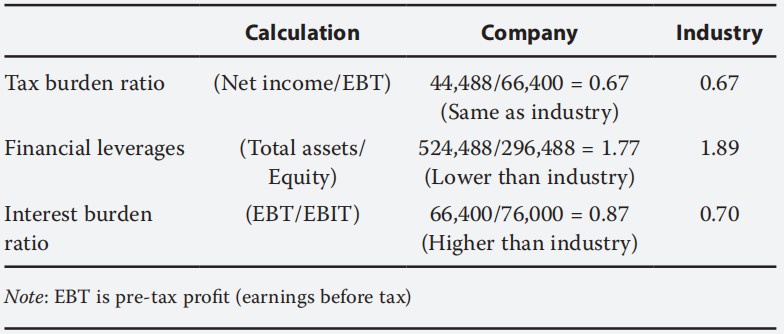Understanding Your Financial Responsibilities: Do You Have to Pay Back FAFSA Loans?
#### Do you have to pay back FAFSA loans?When it comes to financing your education, the Free Application for Federal Student Aid (FAFSA) plays a crucial rol……
#### Do you have to pay back FAFSA loans?
When it comes to financing your education, the Free Application for Federal Student Aid (FAFSA) plays a crucial role. Many students and families rely on federal loans to cover tuition and other educational expenses. However, one of the most common questions that arise is, "Do you have to pay back FAFSA loans?" This question is essential for anyone considering taking out federal student loans.
#### What are FAFSA Loans?
FAFSA loans refer to federal student loans that are made available to students who fill out the FAFSA form. These loans can come in various forms, including Direct Subsidized Loans, Direct Unsubsidized Loans, and Direct PLUS Loans. Each type of loan has different eligibility requirements, interest rates, and repayment terms.
#### Do You Have to Pay Back FAFSA Loans?
The straightforward answer is yes, you do have to pay back most FAFSA loans. However, the specifics can vary depending on the type of loan you receive.

1. **Direct Subsidized Loans**: These loans are available to undergraduate students with demonstrated financial need. The government pays the interest on these loans while you are in school at least half-time, during the grace period, and during deferment periods. However, you are still required to repay the principal amount once you graduate, leave school, or drop below half-time enrollment.
2. **Direct Unsubsidized Loans**: Unlike subsidized loans, these are available to both undergraduate and graduate students and do not require a demonstration of financial need. Interest begins accruing as soon as the loan is disbursed, and you are responsible for paying back the entire amount, including the interest.
3. **Direct PLUS Loans**: These loans are available to graduate students and parents of dependent undergraduate students. They are not based on financial need, but a credit check is required. Borrowers are responsible for repaying the entire amount, including interest, and there are no subsidized benefits.
#### Repayment Plans
Once you graduate, leave school, or drop below half-time enrollment, you typically enter a six-month grace period before you must start repaying your loans. During this time, it's crucial to understand your repayment options. The federal government offers several repayment plans, including:

- **Standard Repayment Plan**: Fixed payments over ten years.
- **Graduated Repayment Plan**: Payments start low and increase every two years, paid off in ten years.
- **Income-Driven Repayment Plans**: Payments are based on your income and family size, which can extend your repayment term up to 20 or 25 years.
#### Loan Forgiveness Options
While most FAFSA loans must be repaid, certain circumstances may allow for loan forgiveness. Programs like Public Service Loan Forgiveness (PSLF) offer forgiveness after 120 qualifying payments while working full-time for a qualifying employer. Additionally, some income-driven repayment plans may offer forgiveness after 20 or 25 years of qualifying payments.

#### Conclusion
In summary, if you're asking, "Do you have to pay back FAFSA loans?" the answer is generally yes, with some exceptions based on the type of loan and specific circumstances. Understanding your loans, repayment options, and potential forgiveness programs is essential for managing your student debt effectively. Always stay informed and seek guidance from your school's financial aid office to navigate your options successfully.